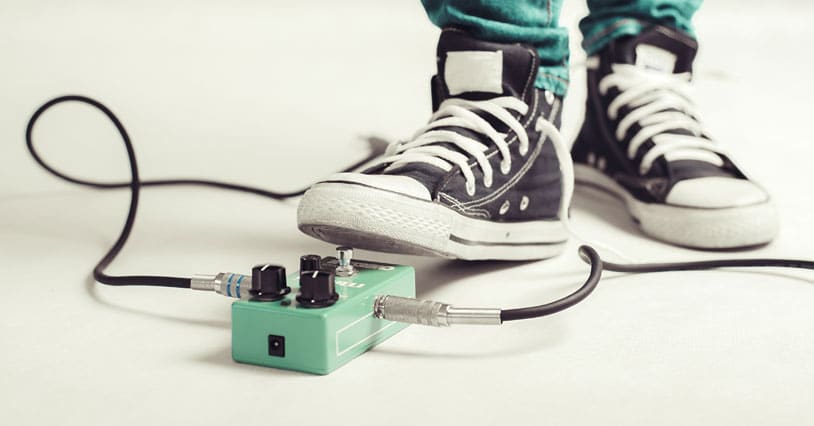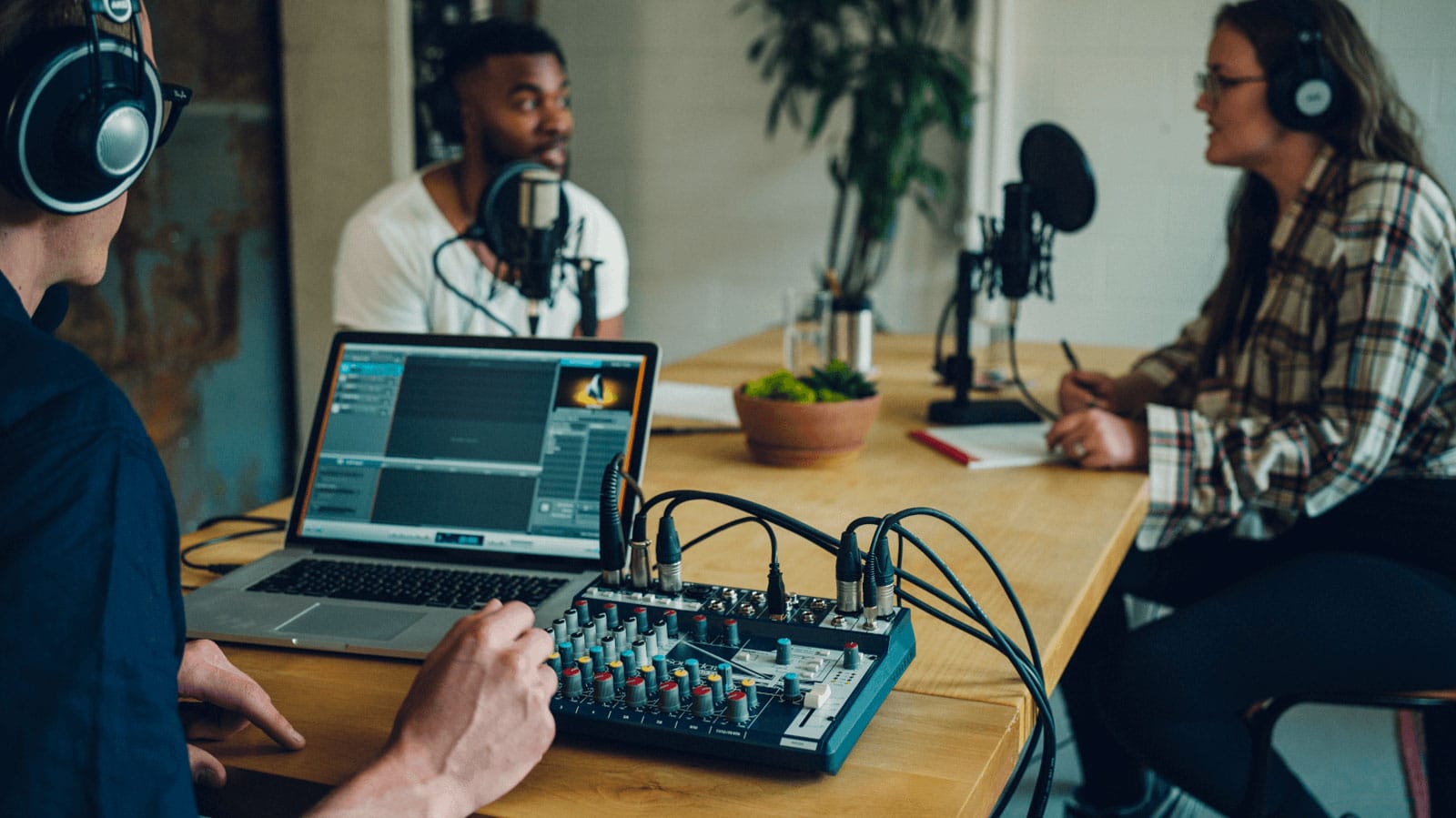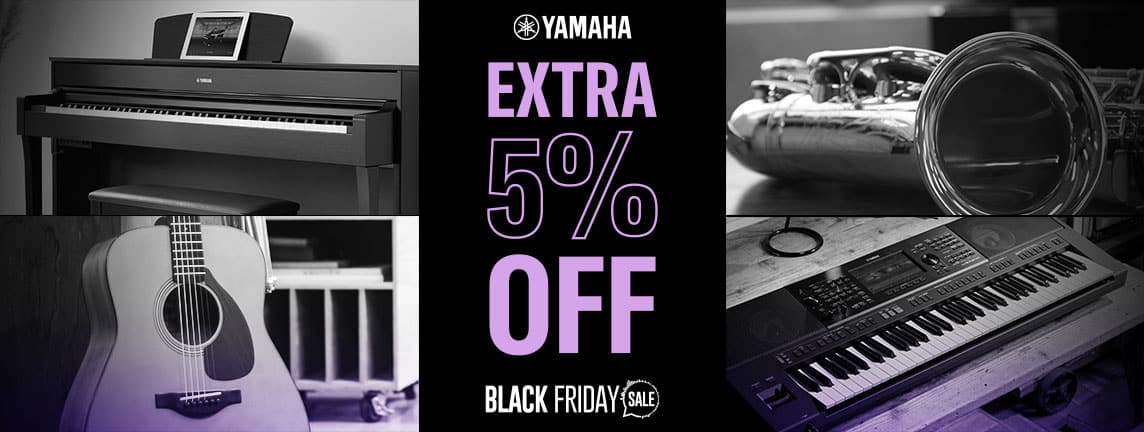
Are you searching for guitar tone? The kind of sonic fingerprint that will set you apart from the crowd. Let’s explore a few things that determine your tone.
Technique/Proficiency
You’ve probably heard it said that tone comes from the fingers. And to an extent, that is true. How you use a pick or the velocity with which you strike your piano keys will affect the sound you produce.
If a guitarist isn’t fretting down hard enough, or her pick is being held too hard, the tone will be drastically different than if the correct techniques were employed.
If your tone isn’t quite up to scratch, then perhaps you need to look at your playing. However, if you are unable to identify problems in your playing, you should consult a teacher or another player. They will be able to identify where your weaknesses are.
But not all tonal problems come from your fingers. In a similar way that a players phrasing determines a part of their tone, their gear also plays a huge role in tone.
Gear
Gear is one of the most important elements of tone. If your keyboard cost you 50 bucks at the local toy store, it just won’t sound good. It doesn’t matter if you’re John Williams or a 5-year-old who just had their first lesson, an inferior instrument won’t sound great.
That doesn’t mean you need to spend tens of thousands of rands on the best of the best gear either. Just make sure that whatever you get is sufficient to play on stage with. If you are unsure, then ask a customer consultant at any Paul Bothner Music store. These guys are there to guide you in your purchase, so be sure to use them.
Everything you run affects your tone. From your instrument to the pedals and amp, down to the cable you are running everything through.
A naff cable that is rusted, and has been in your family for 3 generations should probably be thrown away. Ensure that your cable is well insulated, and has strong conductivity. Your cables don’t need to be gold plated, but they shouldn’t be scooby-doo wire that you’ve soldered jack plugs onto either.
Wiring all your pedals with true bypass jacks is also a great way to improve tone. The more circuitry your tone runs through, the higher your level of signal loss. So by running bypass jacks, you can reduce how much unnecessary resistance your signal is running through.
And if your guitar needs a tonal facelift, then consider improving the electronics. Searching for tone and sound improvements can seem daunting, but it’s easy when you know where to look.
For an in-depth look at the benefits of upgrading your guitar, [read this article]
Strings/Intonation
So, while searching for tone, you’ve identified that your playing and your gear are fine, but your tone is still lacking. What next?
Have you looked at your strings or your skins? Over time, your strings and drum skins start to stretch out and lose tone. There is little you can do to stop this from happening. Once you start losing tone because of perishables, replace them.
And while you might think to yourself that it isn’t that much of a big deal, this couldn’t be further from the truth. When strings (guitar, violin, bass, piano – you name it) start to die, you lose more than just a great sound. Your intonation starts to go out as well.
This means that even if you are playing the right notes, what you play will sound wrong.
Settings
Your gear is gig ready, you’ve got fresh strings, and you’re playing is perfectly rehearsed. You should have great tone right? Well, not yet.
Now is that time that you need to start playing with your settings. Have your compressor settings been optimised? Do you know what each frequency range on your graphic EQ sounds like?
Do you know where in the mix your instrument is supposed to sit? If you are unsure of this, then speak with a sound engineer or consult Google. Ultimately, if your bass has too much treble, it might conflict with the guitarist and sound horrible. On the flip side, if your bass has too much bass, then your tone will be flat and floppy.
In Conclusion
Getting intimately familiar with with the tonal qualities of your instrument and the settings of your gear will be the only route to true tonal liberation. While settings you find online could be a good starting point, you need to learn to listen to your playing and your gear.
Spend time listening to your favourite artists play, and try to dial in your tone to emulate them. Then from there tweak your tone to suit your needs.
And remember, just because your sound is great when playing by yourself in your bedroom, that doesn’t mean that it will translate well to a band environment. So always be listening, and adjusting your tone.
Like with everything music related, this will take practise and learning. But ultimately, the payoff will be worth it.








